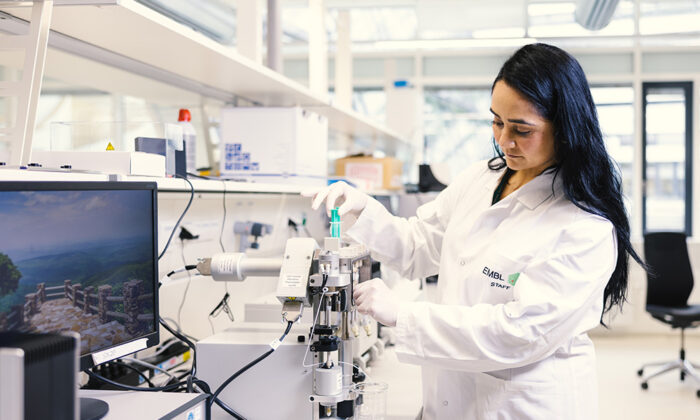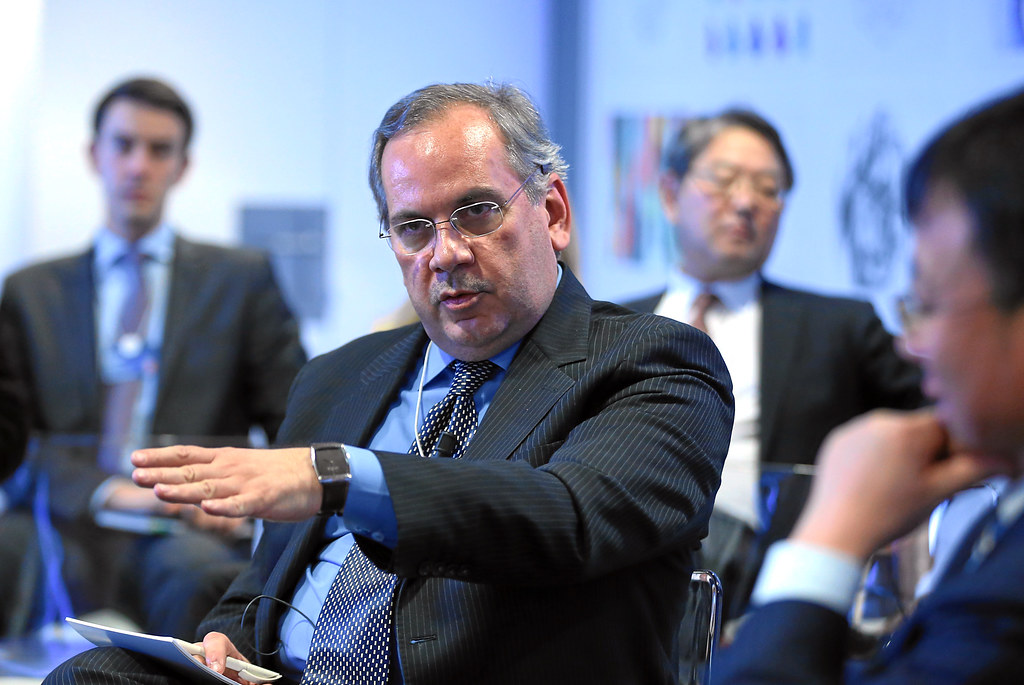The Role of Scientists in Solving Global Crises: An Essential Force In the 21st century, we face numerous complex and multifaceted crises. Climate change, pandemics, food and water shortages, energy crises, and environmental pollution—each of these problems poses a major challenge to the existence of humanity. Scientists play an essential role in addressing these global crises and ensuring a sustainable future. Their relentless research, innovation, and accurate presentation of information pave the way for crisis solutions. Let us discuss in detail the multifaceted role of scientists in solving global crises.

- Identifying and analyzing crises:
First, scientists help identify global crises and understand their depth and impact. For example, climate change is a glaring problem that threatens our very existence today. Scientists have spent decades collecting data, modeling climate, and analyzing it to show that the Earth’s temperature is rising at an alarming rate, and that human activity is primarily responsible for this. Melting glaciers, rising sea levels, extreme weather events—all of these are scientifically explained and predicted by scientists. Thanks to their detailed research, we know how urgent it is to reduce greenhouse gas emissions and how dire the consequences can be. Likewise, when a pandemic like COVID-19 spread around the world, scientists were the first to identify the virus, unravel its genetic code, and alert the world to the trajectory and severity of its transmission. These early studies enabled governments and health agencies to take urgent measures, such as enforcing social distancing rules or emphasizing the importance of wearing masks. Their research was essential for understanding the spread of the disease, its mutations, and its effects on the human body.
- Innovative Solutions and Technological Advances:
After identifying a problem, scientists develop new technologies and methods to solve that problem. Scientists are playing a leading role in the research and development of renewable energy sources such as solar power, wind power, geothermal power, and advanced nuclear power as alternatives to fossil fuels to address the energy crisis. They are working on advanced battery technologies that can effectively store this energy and bring stability to the electricity grid, which is crucial for the expansion of renewable energy. Their goal is to bring eco-friendly solutions to everything from power generation to transportation. To address the food crisis, scientists are developing high-yielding crop varieties, researching pest and disease-resistant crops, and developing climate-resilient farming systems. Modern agricultural methods such as genetic engineering, vertical farming, and hydroponics are the contributions of scientists, which help produce more food using limited resources. They also conduct research on soil health, water use, and crop nutrition, which are essential for sustainable agriculture. The development of vaccines and drugs to control epidemics is a major achievement for scientists. The rapid development of an effective vaccine for COVID-19 is unprecedented in human history. Scientists are relentlessly researching the behavior of the virus, its vaccines, and treatments, which are essential to combat future pandemics.

- Influence policymaking and increase public awareness:
Scientists do not just stop at research, they also present their research knowledge to policymakers and help them make the right decisions. Organizations like the United Nations Intergovernmental Panel on Climate Change (IPCC) publish summaries of research by thousands of scientists around the world, which helps governments formulate climate policies. Their data-based advice plays a key role in reducing carbon emissions, investing in green technologies, and enacting environmentally protective legislation. In addition, scientists play a key role in raising awareness among the general public. They present complex scientific information in simple language, encouraging people to understand the importance of problems and participate in problem-solving activities. When misinformation or rumors spread, scientists counter them with accurate information and help shape public opinion. Their clear explanations dispel fear or confusion among the public and motivate them to take the right action.
- Risk Assessment and Preventive Measures:
Anticipating and preparing for future crises is another important task for scientists. For example, seismologists assess earthquake risk and structural engineers work on strategies for building earthquake-resistant buildings. Similarly, medical scientists improve surveillance systems and develop early warning systems to prevent the spread of new diseases. They identify potential pathogens and develop preparedness strategies. Environmental scientists work on the sources, effects, and ways to reduce environmental pollution. They are inventing new waste management methods, pollution control technologies, and environmentally friendly production processes to solve problems such as plastic pollution, air pollution, and water pollution. These studies are essential for protecting the health of the environment and for the healthy lifestyle of mankind.
- Increasing international cooperation:
Global crises cannot be solved by any single country or organization. This requires international cooperation. Scientists often work together across borders, sharing information and knowledge, and collectively finding solutions. Scientists from different countries work together to create scientific models of climate change, share epidemiological data, and help monitor Earth’s environment through space research. This cooperation opens new horizons in addressing global problems and brings about quick and effective solutions.

Conclusion:
In short, scientists are the ones who identify the root causes of current global crises, create innovative solutions, guide policymakers, and are beacons of public awareness. Without them, it would be nearly impossible to understand the complexities of global crises and effectively address them. Our future depends on the knowledge, innovative power, and data-driven analysis of scientists. In these critical times, the role of scientists is not limited by the geographical boundaries of any country, but rather they are a collective and indispensable force for all of humanity. It is our duty to recognize their contribution and support their research. By working together with scientists, we can build a more sustainable, resilient, and prosperous future for generations to come. The role of scientists in solving global crises is not just crucial, but also a beacon of hope for a better tomorrow.
